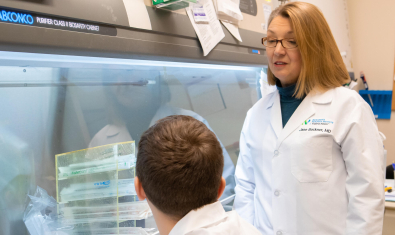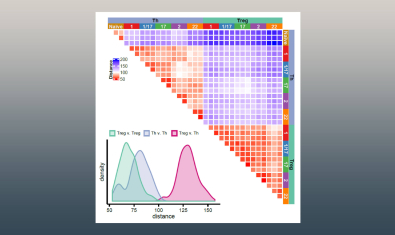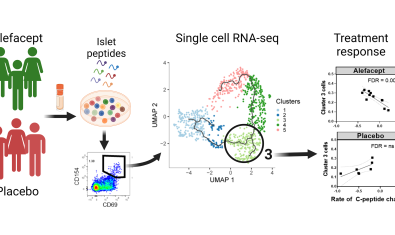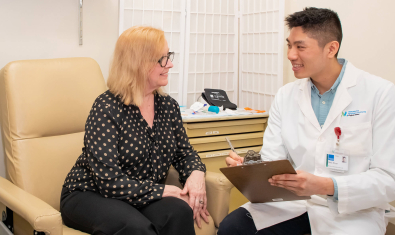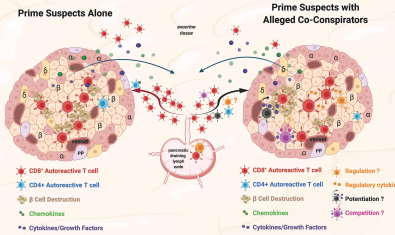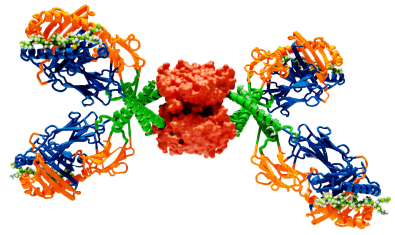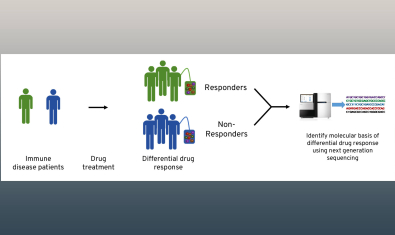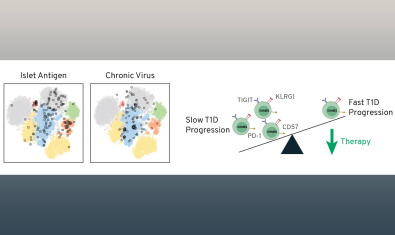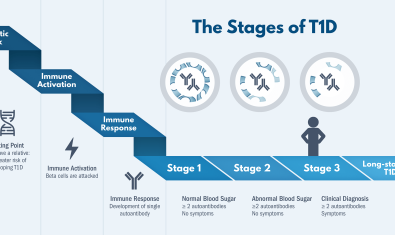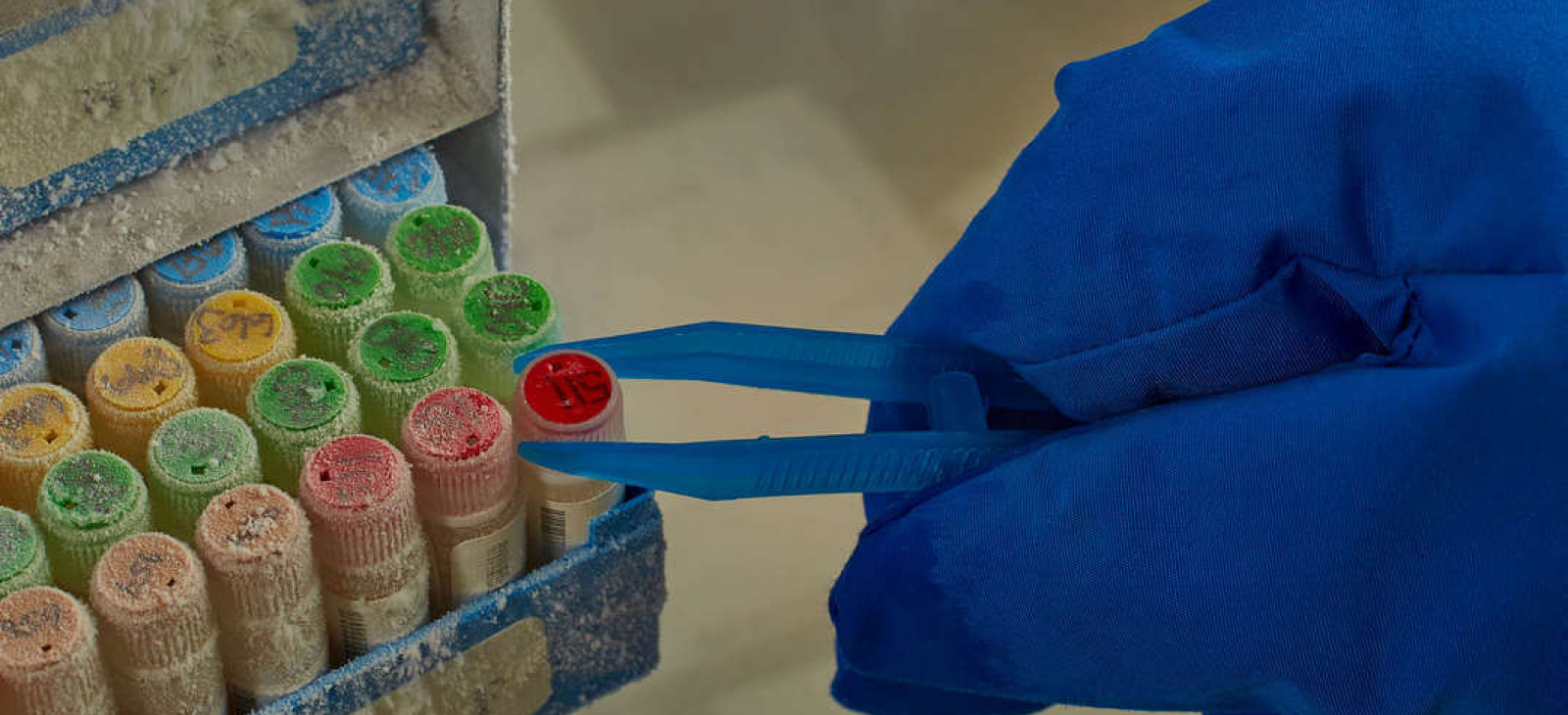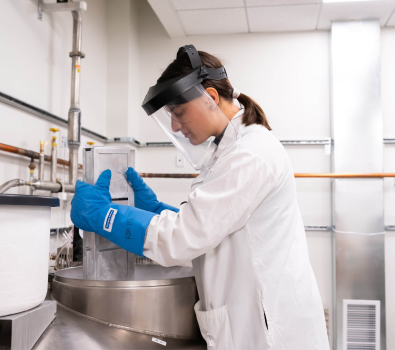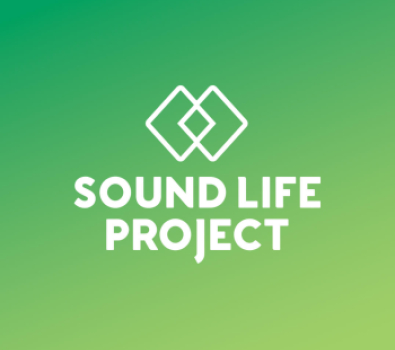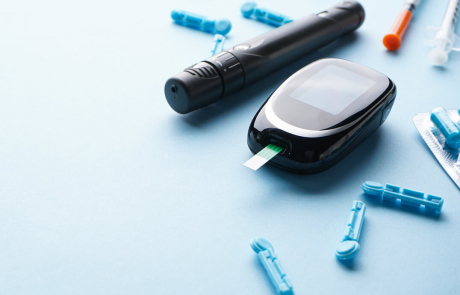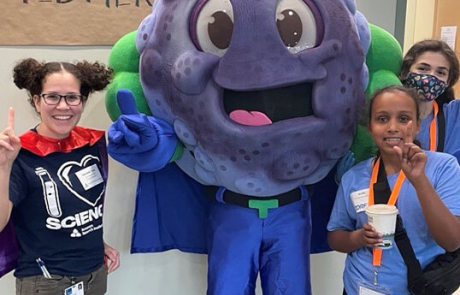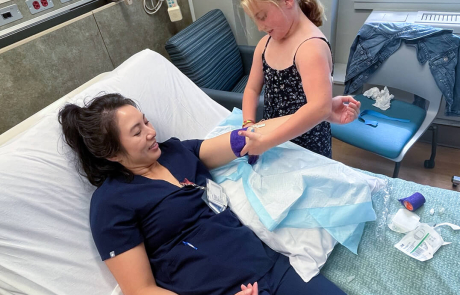What is BRI’s Diabetes Biorepository?
The Diabetes Biorepository is a confidential list of people with type 1 diabetes (T1D) who donate samples and provide health information for scientific research. This library of samples and information helps our scientists study how and why T1D starts and make progress toward prevention and better treatments.
Participate in Diabetes Research
We invite individuals with T1D to participate in this research to help us improve our understanding of diabetes and immune-mediated diseases.
We are also looking for family members of all ages who do not have type Type 1 diabetes or another immune-mediated or autoimmune disease, to join our Healthy Volunteer Registry.
Participating in research typically involves a 45-60 -minute visit to BRI in downtown Seattle. Our team will collect a blood sample and ask questions about your personal and family medical history. All samples and information are kept confidential. Learn more: Biorepository FAQ
Learn more about type 1 diabetes.


